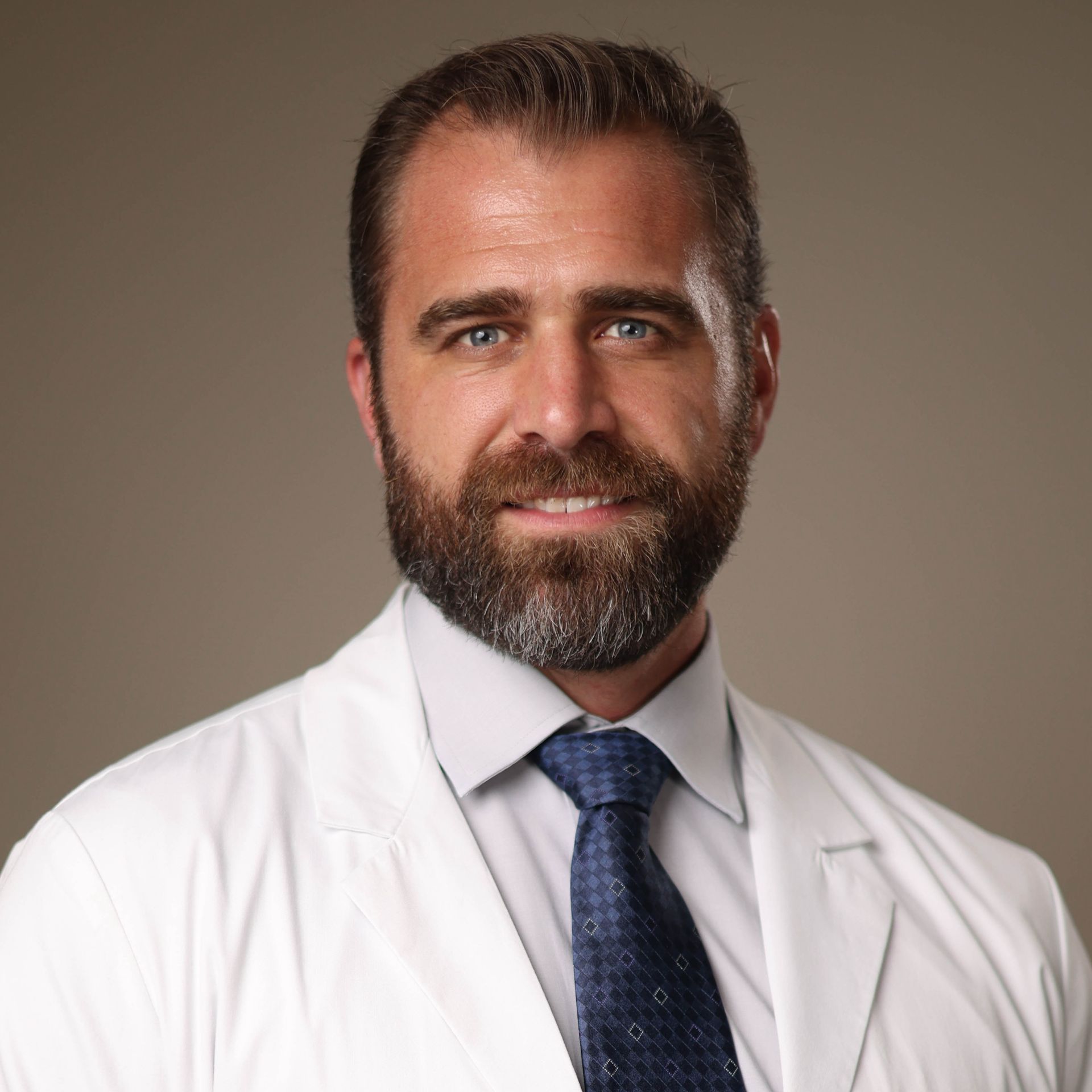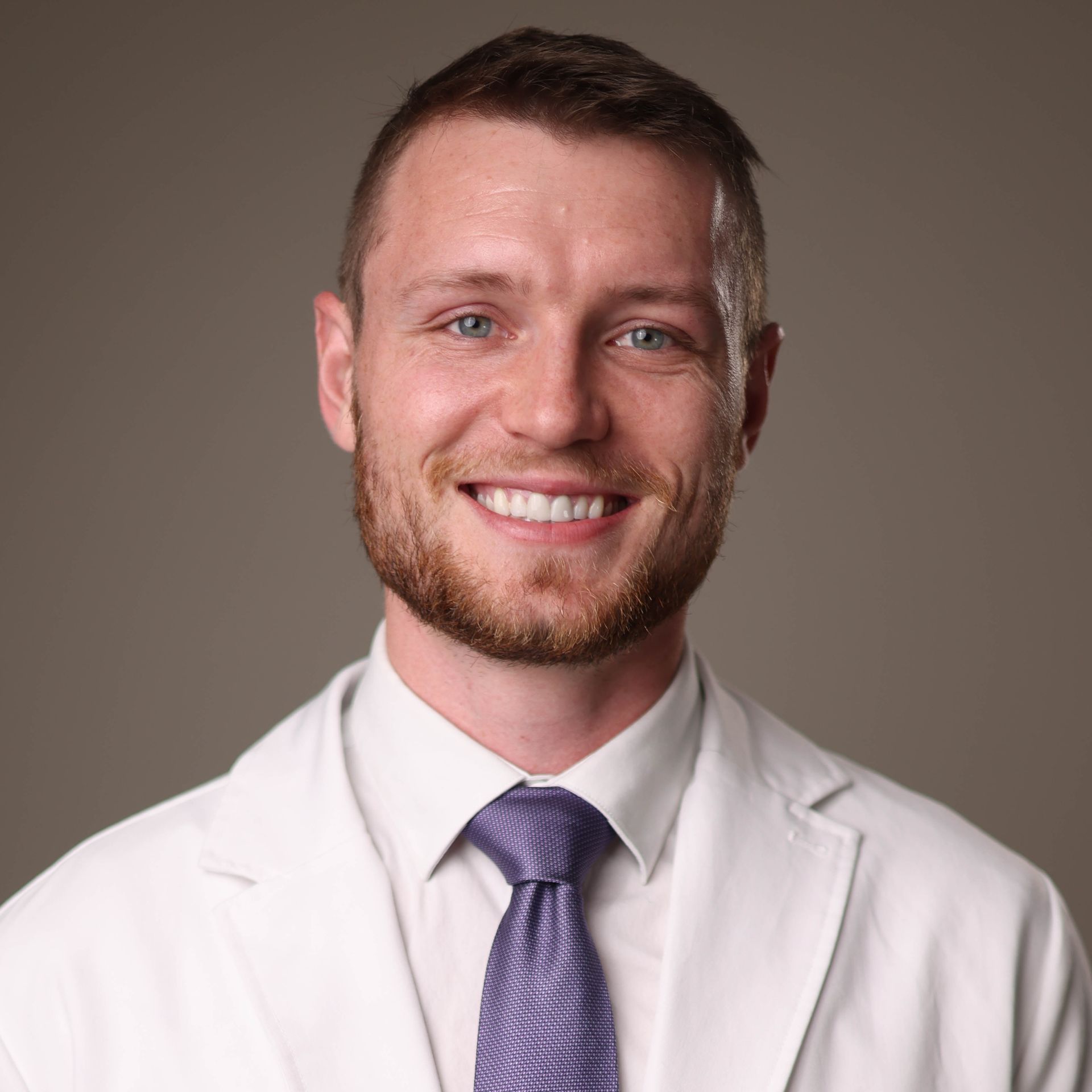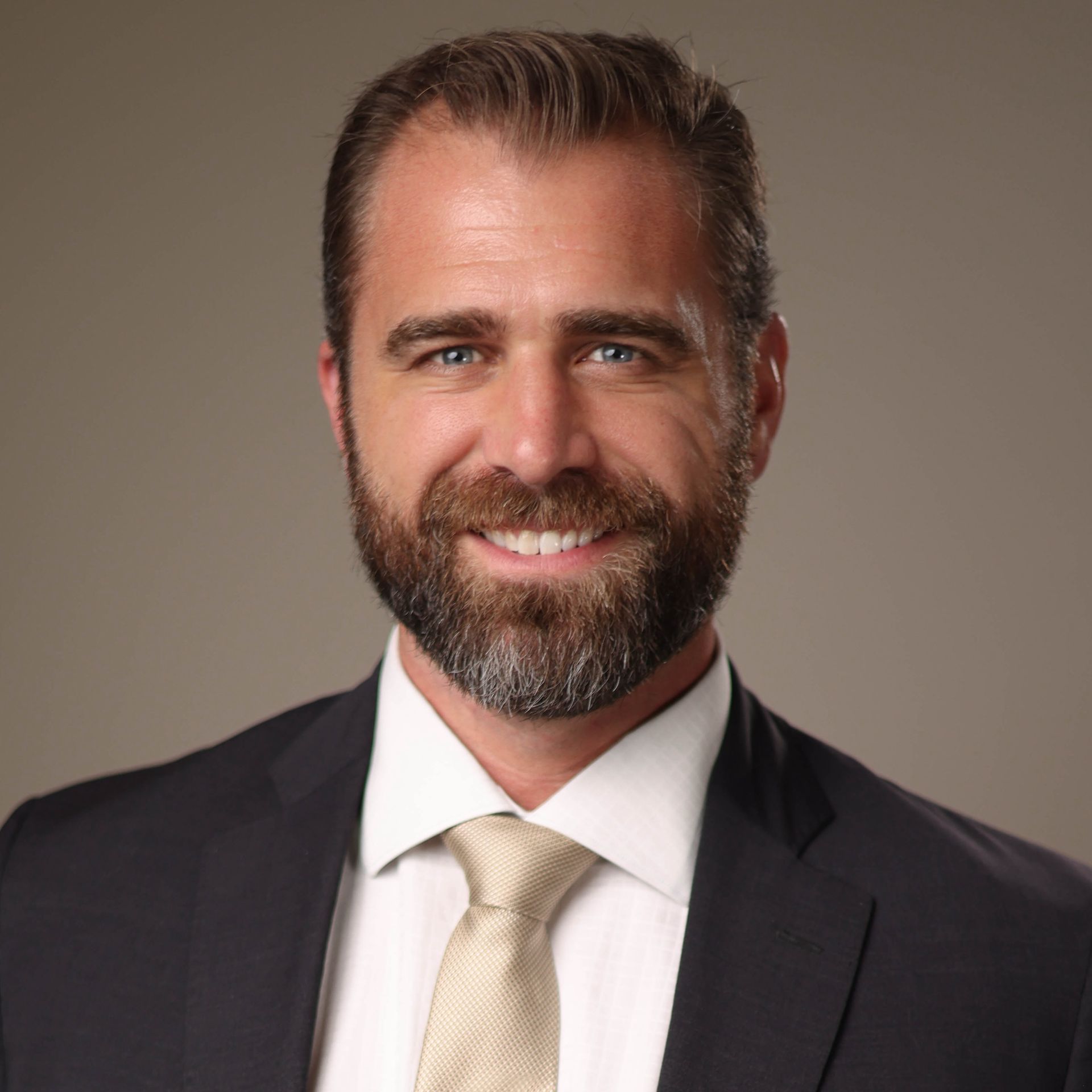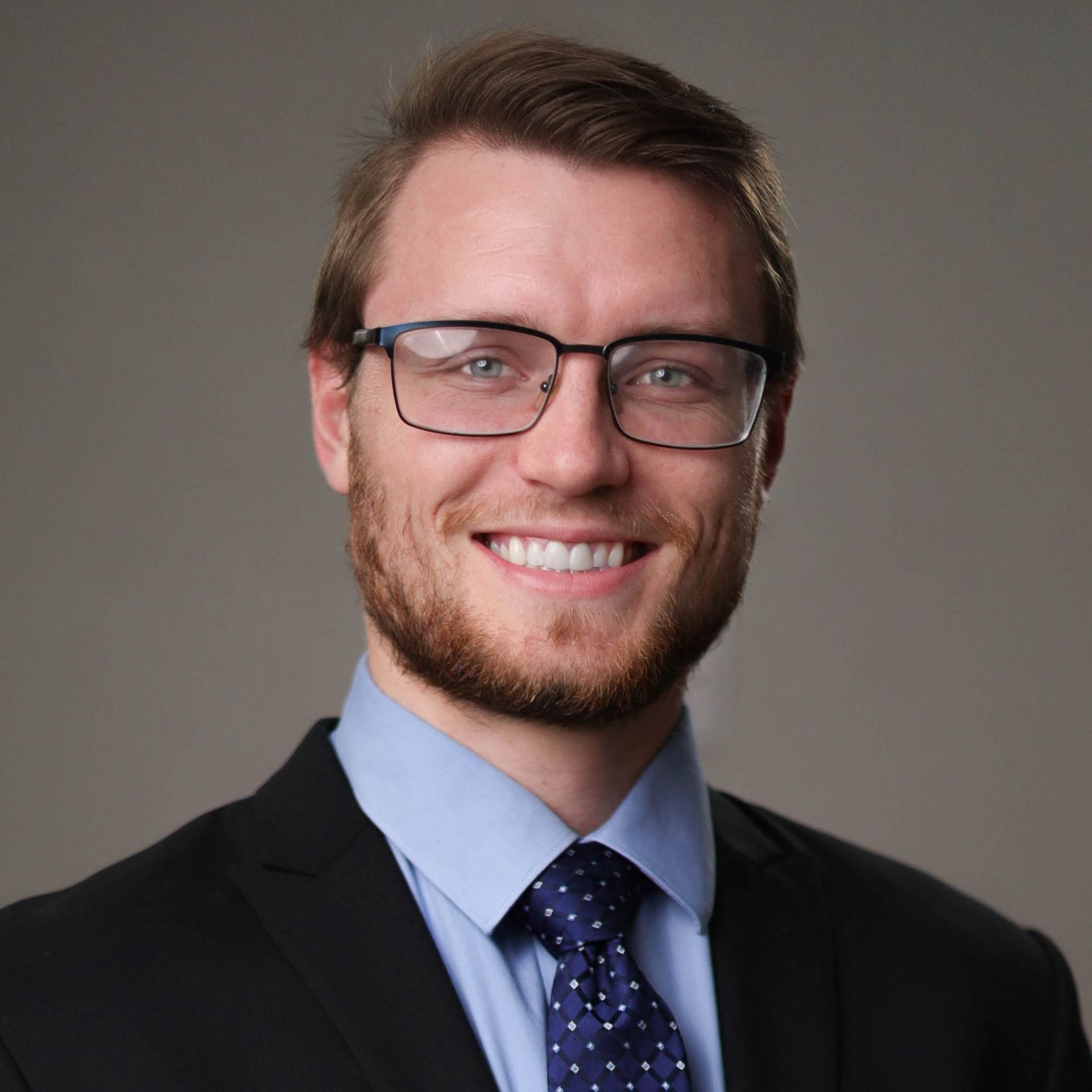Concussion & mTBI
The Origin of a Concussion
Head impacts, forceful falls and unexpected blows both on and off the field can lead to a cascade of symptoms often associated with a concussion. These symptoms include:
- Headaches
- Neck pain and tension
- Dizziness
- Shoulder pain
- Balance difficulty
- Vestibular dysfunction
- Nausea/vomiting
- Poor focus & concentration
- Poor memory
- Ocular dysfunction
- ANS-dysfunction
- Psychological distress
- Tinnitus
- Sleep disturbance
All of these symptoms are also frequently found in whiplash injuries of the neck. Although a concussion is commonly known as a head injury, more research is pointing to concussions being related to an injury of the neck (Morin et al.). Even field-side evaluations for athletes focus on cranial nerves that come from the brainstem, which sits close to and within the craniocervical junction (upper neck).
Studies Say Look to the Neck
In a study focused on post-concussive headaches, the writer states that “upper cervical joint dysfunction is a feature of cervicogenic causes of headache” and they state that the results of their study to support evaluation of the neck when an athlete experiences headaches after being concussed. (Treleaven, et al.)
One large scale review of concussion states, “Assessment and treatment of the cervical spine and vestibular system in the presence of persistent dizziness, neck pain, and/or headaches may facilitate functional and symptomatic improvements and shorten recovery in post-mTBI subjects.” (Morin, et al.)
In one of the most significant studies, 13 hockey players were evaluated after encountering either a whiplash force to the neck or a concussion to the head. All of the players had the exact same symptoms. Their conclusion was this:
“There is a strong association between whiplash induced neck injuries and the symptoms of concussion in hockey injuries. Both should be evaluated when dealing with athletes/patients suffering from either injury.” (Hynes, et al)
Why the Upper Neck?
The upper neck is the most vulnerable area in the entire spine, and far more vulnerable than the skull itself. The craniocervical junction has much less stable joints than other vertebrae, and the ligaments that keep the skull attached to the head are among the weakest in the spine. This does allow for more healthy head and neck movement under normal conditions, but it leaves the upper neck more vulnerable to injury and misalignment.
It takes approximately 60G’s of force to cause a true concussion (mTBI), however, it only takes about 4.5G’s of force to injure the upper cervical spine. This means that by the time you would have injured your brain, you have most likely already injured your neck.
Why Is It Missed?
Standard medical imaging for the brain only goes down to the bottom of the skull and standard spine imaging ordered from orthopedic or chiropractic offices only go as high as the second cervical vertebrae. The craniocervical junction is often overlooked in one or two essential dimentions in these cases, leaving many concussion symptoms a mystery. Upper cervical doctors use imaging specific to the craniocervical junction in all 3 dimentions and will often find the root cause of the concussion symptoms there. This is why standard evaluation of the brain can show normal findings in the brain, but significant post-concussion symptoms still persist.
Recovering From Concussion
Upper Cervical doctors dedicate their careers to the specific correction of the craniocervical junction. Due to the forces that occur in the neck during a concussion, Upper Cervical care is the most specific approach to the area of likely injury. Upper Cervical care has the potential to make powerful change in these symptoms and functions related to concussion injuries. It is vital for recovery to have an Upper Cervical doctor as a part of the management of concussion and post-concussive syndrome.
Get Help Today
Our chiropractic clinic is located in St. Petersburg, FL. If you suffer from concussion, post-concussive syndrome, or past mTBI and would like to see if you are a candidate for care, please call the office at (727) 677-0001. We will schedule an initial consultation with one of our doctors to determine if you are a a potential candidate for this care. If you are, you and your doctor will evaluate the extent of factors involved in your case, and take a specific set of Upper Cervical images along with any other requisite images to better understand your case. If you are a candidate for care, our doctors will explain what they found, tailor a plan, and start the correction process. We care about you, we understand you want the root of the problem corrected, and we are here to hel
Our Doctors
Experts in Spinal and Neurological Care
Dr. Chris Slininger, DC, DCCJP
Craniocervical Specialist
Dr. Slininger focuses heavily on complex neurological conditions and advanced spinal challenges such as headaches, migraines, dizziness, vertigo, concussion, mTBI and more.
Dr. Ethan Surprenant, DC
Upper Cervical Chiropractor
Dr. Surprenant specializes in innovative, non-invasive Upper Cervical Chiropractic Care, uniquely addressing complex neurological conditions like dysautonomia, migraines, headaches, cranio-cervical syndrome, to restore lasting neurological health.
